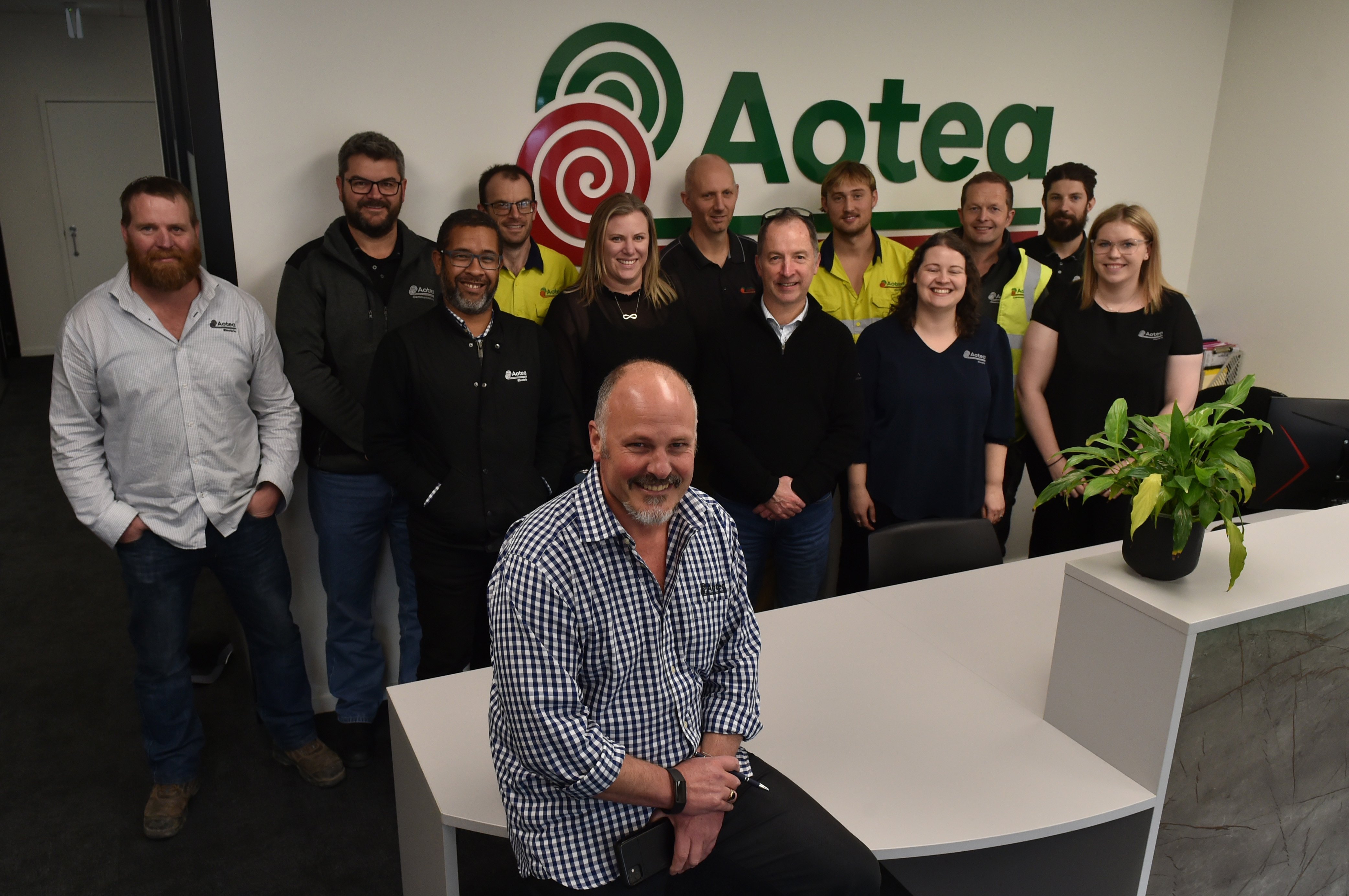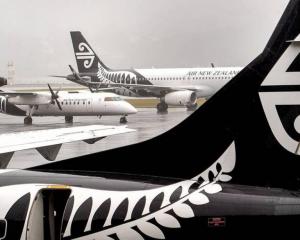
Dunedin-born Mr Taylor worked for the Southern District Health Board for 22 years as facilities and capital development manager, overseeing infrastructure and redevelopment projects at the current hospital.
Now he is at the helm of a business which is completing the electrical and security requirements for the new outpatient building which will open in 2026, an opportunity he described as a once-in-a-lifetime project for his team.
Mr Taylor, who joined Aotea three years ago, acknowledged times were tough for the business community but, for his firm, the news was "really, really positive".
Staff numbers had climbed from about 80 five years ago to 108, and the hospital project would boost numbers to almost 140. The firm was actively recruiting.
He hoped increased engagement with local sub-contractors would occur with the project "as many of us have worked at the current hospital for many years and will still be here after the new hospital is finished, and will continue to support the health facilities within our community".
The outpatient building was under way with the main contractor Southbase Construction — "a very good company" — which had engaged a majority of Dunedin sub-contractors.
That was excellent to see as it was supporting the city and community, he said.
But to his knowledge, there was only one Dunedin-based sub-contractor who was working or negotiating with the main building contractor for the in-patient project so far.
He hoped that would increase as there had been talk about using local firms.
Aotea was established in Dunedin in the 1970s and there were now branches throughout New Zealand, plus many associated companies.
It was the biggest electrical company in New Zealand, all locally owned, and branches could call on additional resources if required.
Having always been involved in construction, Mr Taylor said the general manager position was a good fit for him and growth had continued since he joined.
Most recently, that included the launch of solar - which had "taken off" - and industrial departments which had created opportunities for staff.
It bought 50% of industrial electrical business OPR Dunedin.
He was used to managing big teams and coming into Aotea to take it through its next phase, through growth and diversification, was "so exciting".
It had a stable workforce to the point where staff that had left to travel overseas wanted to keep their email addresses and continued to monitor what the company was up to.
That spoke about the firm’s culture but he also never wanted to rest on its laurels.
The secret of success was service.
"If you provide the right service and do it with a smile... they [customers] are going to come back."
The firm encouraged opportunities and training.
It was probably one of the best firms he had worked for from a culture perspective.
There had been a change in the marketplace in recent years and the importance of wellbeing and getting a better balance between work and family.
Aotea supported 38 organisations in Dunedin, from major sponsorship to school fairs.
Its history of sponsorship had been quite sport orientated and, while that continued, it had been getting more into arts and culture.
This year it partnered with Wild Dunedin.












